Does home insurance cover furnace replacement
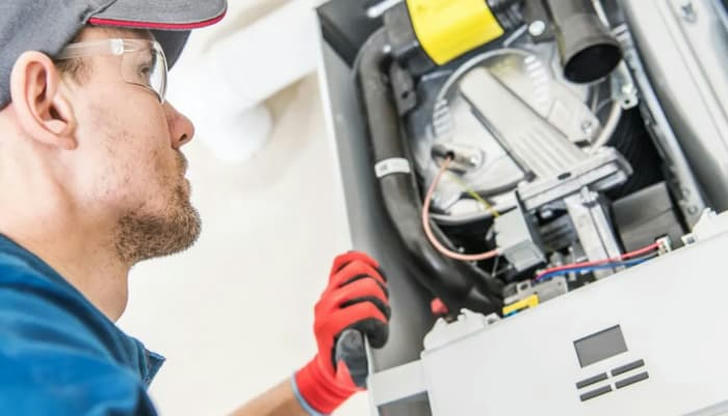
When your furnace stops working, especially during the colder months, you might wonder, “Does my home insurance cover furnace replacement?” It’s a valid concern, as furnaces are integral to keeping your home comfortable. However, the answer isn’t straightforward—it depends on the cause of the damage and your insurance policy's terms.
What Types of Furnace Damage Are Covered by Insurance?
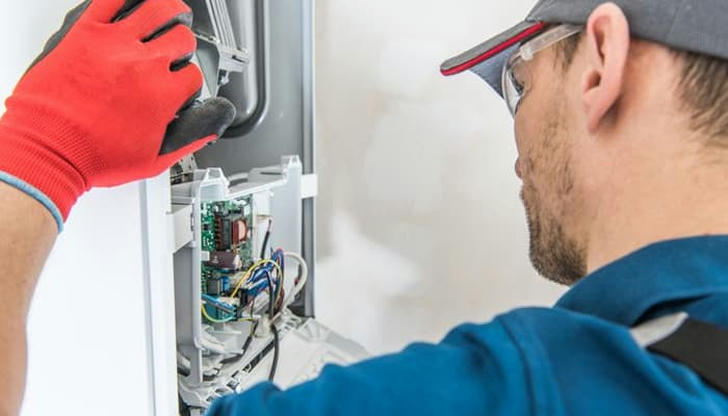
Furnace damage can occur for various reasons, but not all scenarios are covered by standard home insurance policies. Let’s explore what’s typically included.
Overview of Typical Furnace Damage
Furnaces are complex systems, and their damage can stem from:
• Wear and Tear: Over time, parts like filters and motors naturally degrade. Insurance usually won’t cover this type of damage.
• Accidental Damage: Events like storms, fires, or electrical surges may lead to furnace damage.
Covered Types of Furnace Damage
Here are examples of furnace damage that your insurance policy might cover:
• Fire and Smoke Damage: If a fire breaks out in your home and damages the furnace, insurance will generally cover repairs or replacements.
• Natural Disasters:
Storms that lead to fallen trees or debris damaging your furnace.
Flooding may be covered if your policy includes flood insurance.
• Sudden and Accidental Events:
Electrical surges that fry furnace components.
Frozen pipes burst and damaged the furnace in winter.
Exclusions in Furnace Coverage
While some scenarios are covered, many are excluded:
• Gradual Damage: Issues stemming from age or lack of maintenance.
• Improper Installation: If the furnace fails due to an installation mistake, insurance may deny the claim.
Key Scenarios Where Furnace Damage May Be Covered
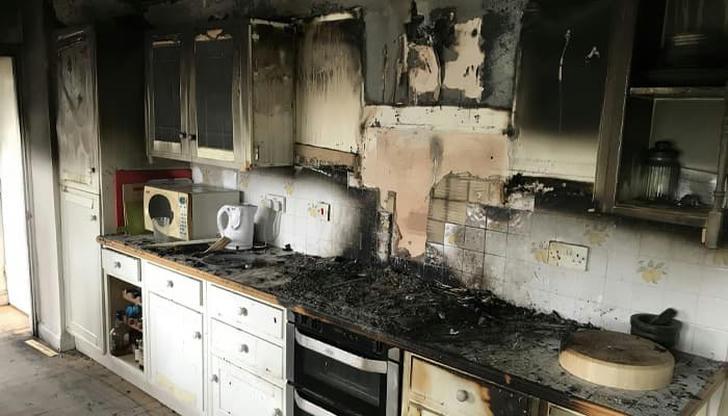
Some specific situations highlight when furnace damage is covered:
• Furnace Failure Due to Fire: Fires are a covered peril, meaning insurance will typically pay for a new furnace if it’s destroyed.
• Damage from a Lightning Strike: If a power surge caused by lightning affects your furnace, the cost of repairs or replacement may be reimbursed.
• Water Damage to the Furnace: While water damage might require additional flood or sump pump insurance, standard policies often cover damage from burst pipes.
When Does Insurance Pay for Furnace Repairs?
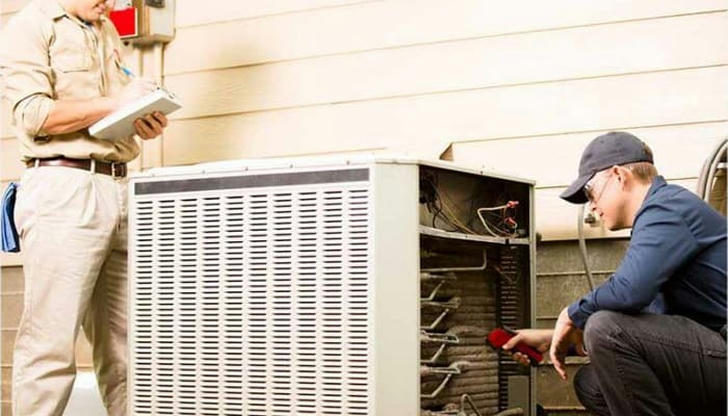
Furnace repairs aren’t always covered by insurance, but certain conditions make it possible.
Criteria for Insurance to Cover Repairs
To qualify for coverage:
The damage must stem from a covered peril (e.g., fire, storm, electrical surge).
You need proof of proper furnace maintenance.
Examples of Repair Scenarios
Insurance might cover repair costs in cases like:
• Replacing Parts After Storm Damage: If hail damages your exterior HVAC components, the furnace may need adjustments.
• Electrical Repairs: Surges can destroy circuits in your furnace, and insurance may cover these fixes.
Furnace Repair vs. Replacement: What’s Covered?
Here's how insurance differentiates between repairs and full replacement:
• Repair Situations: Minor damage, such as a blown circuit, often leads to repairs.
• Replacement Situations: If the furnace is beyond repair or replacement is more cost-effective, insurance may cover the cost.
How to Prevent Furnace Damage and Reduce Insurance Claims
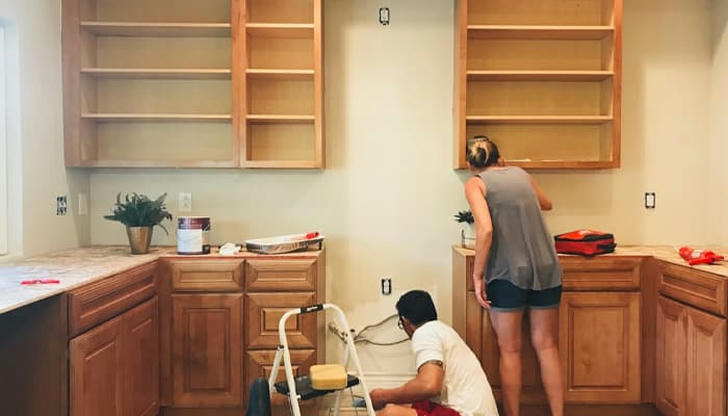
Prevention is always better than dealing with costly repairs. Protect your furnace with these tips:
• Annual Professional Inspections: Regular check-ups catch issues early.
• Install Surge Protectors: Safeguard against electrical surges.
• Keep the Furnace Area Clean: Avoid clutter and ensure proper airflow.
Conclusion

Understanding whether home insurance covers furnace replacement or repairs can save you from unexpected financial burdens. While insurance policies generally protect against sudden and accidental damage caused by covered perils like fires, storms, and electrical surges, they often exclude damage resulting from neglect or normal wear and tear. Being proactive with maintenance and thoroughly reviewing your policy can help you avoid unpleasant surprises when your furnace encounters issues.
